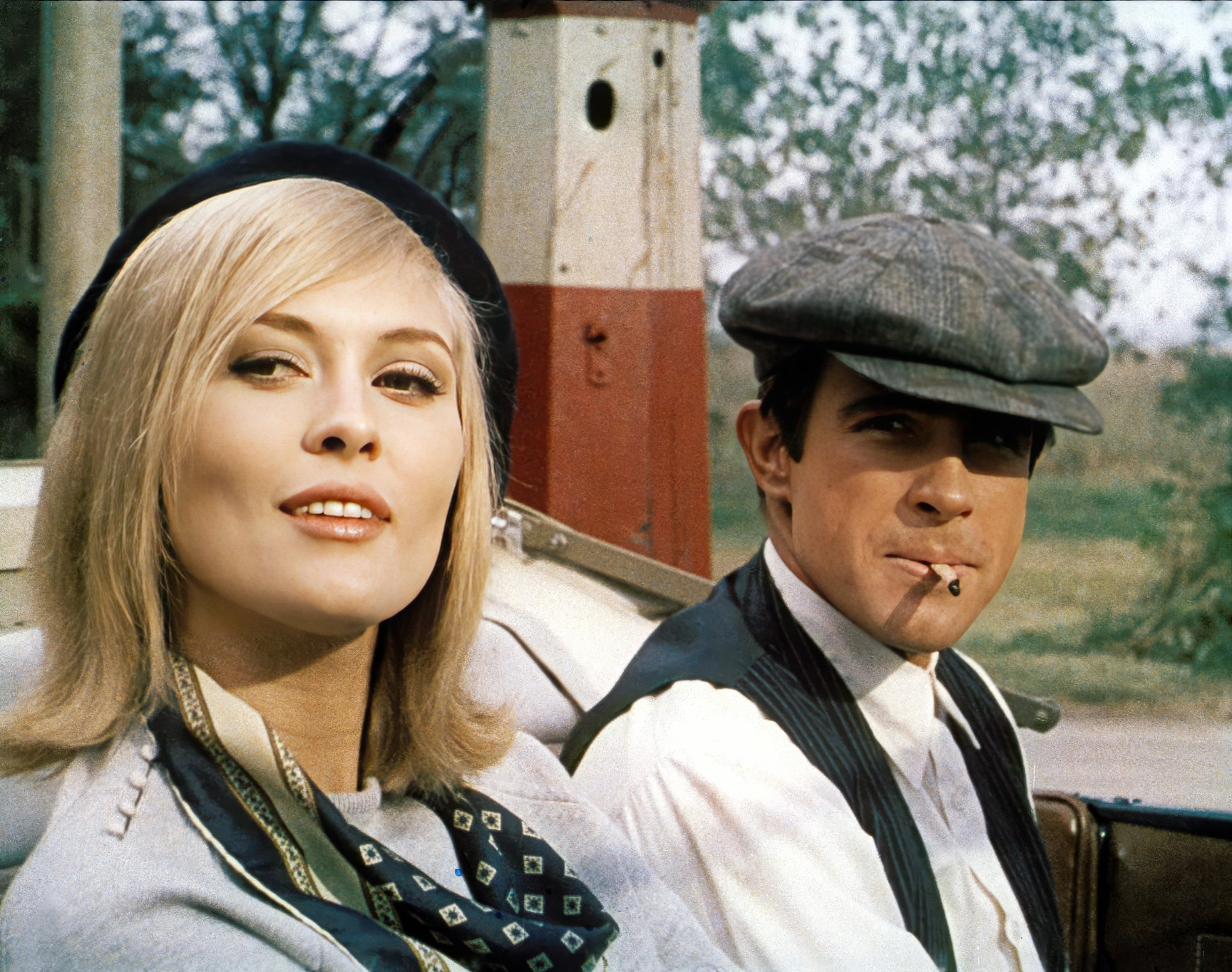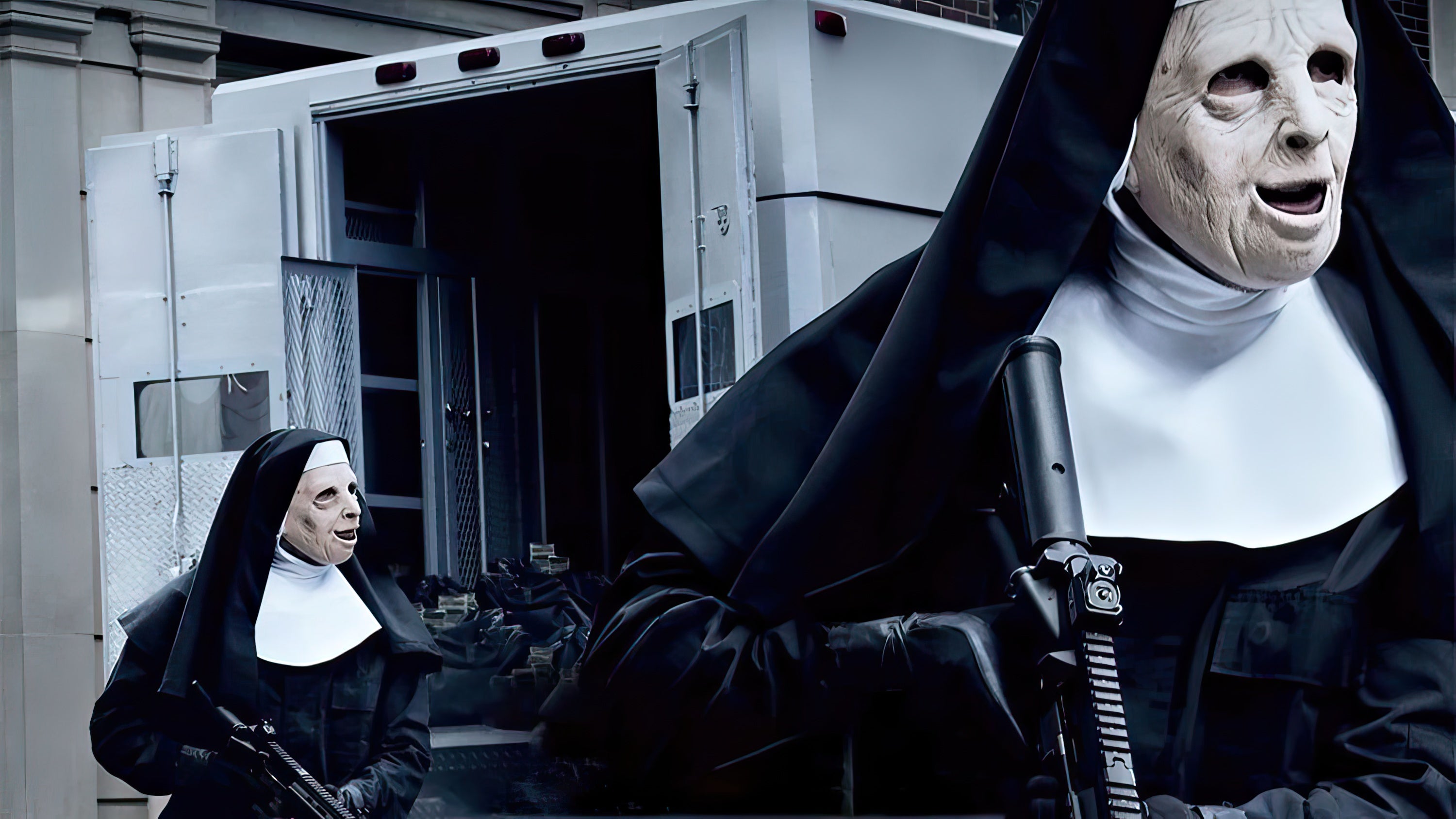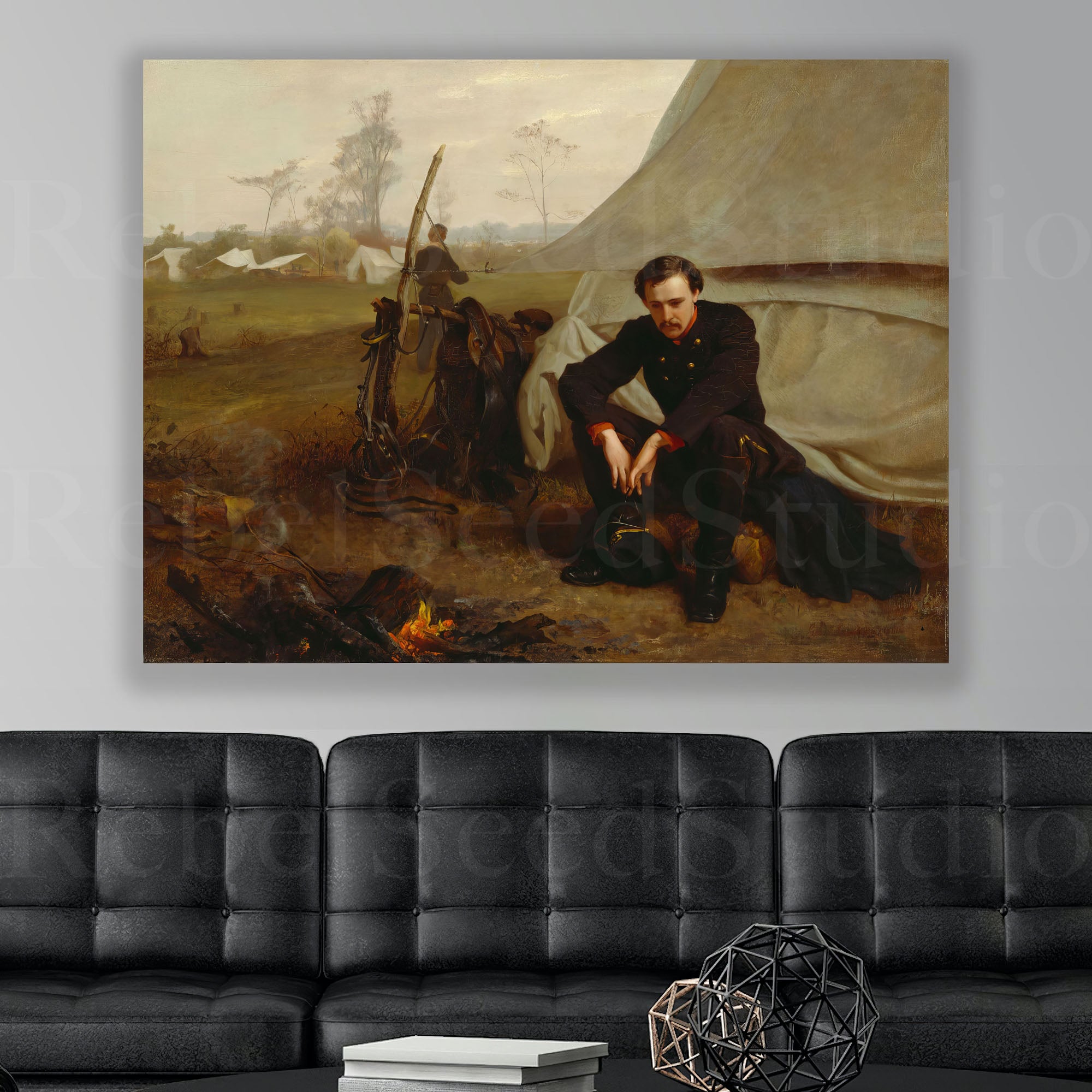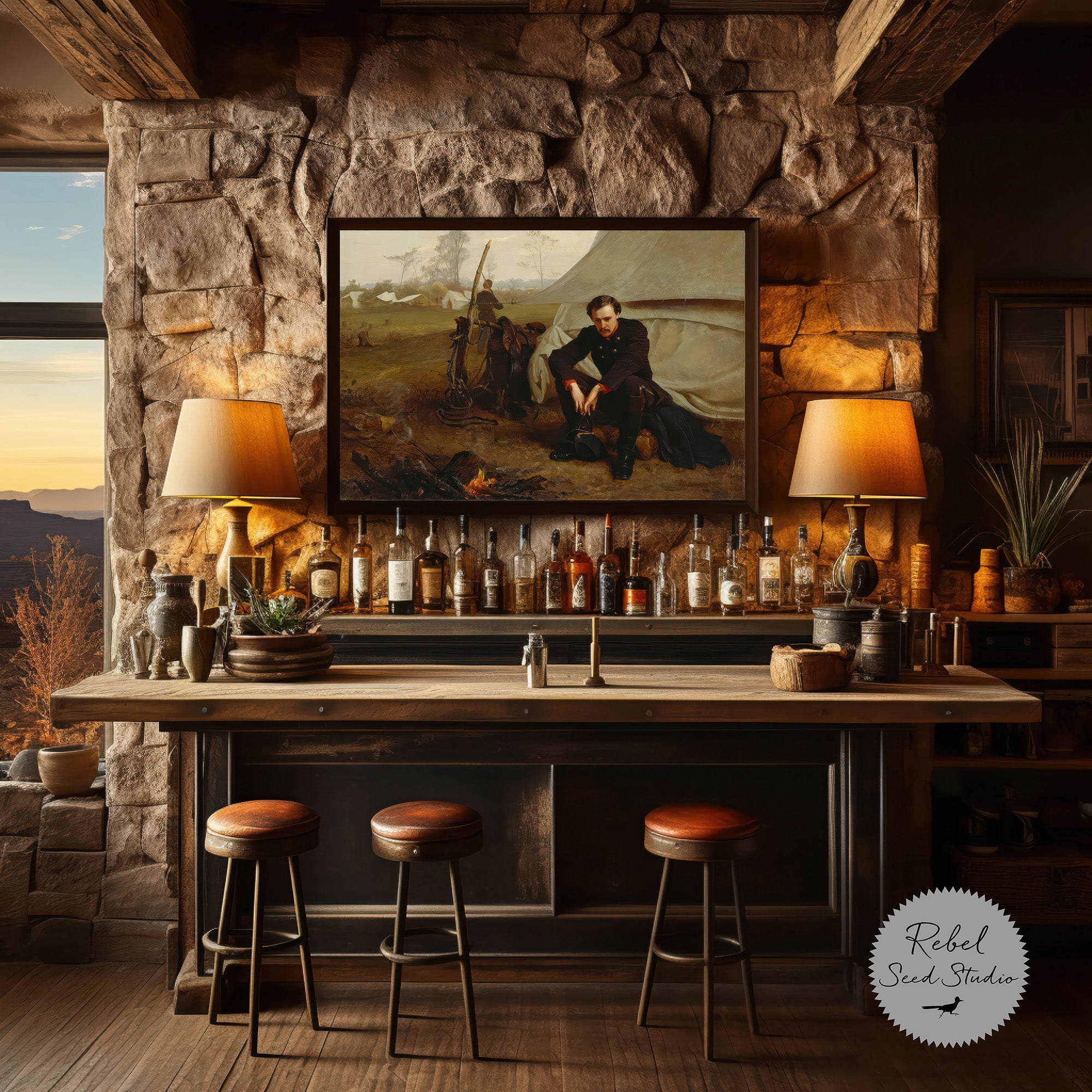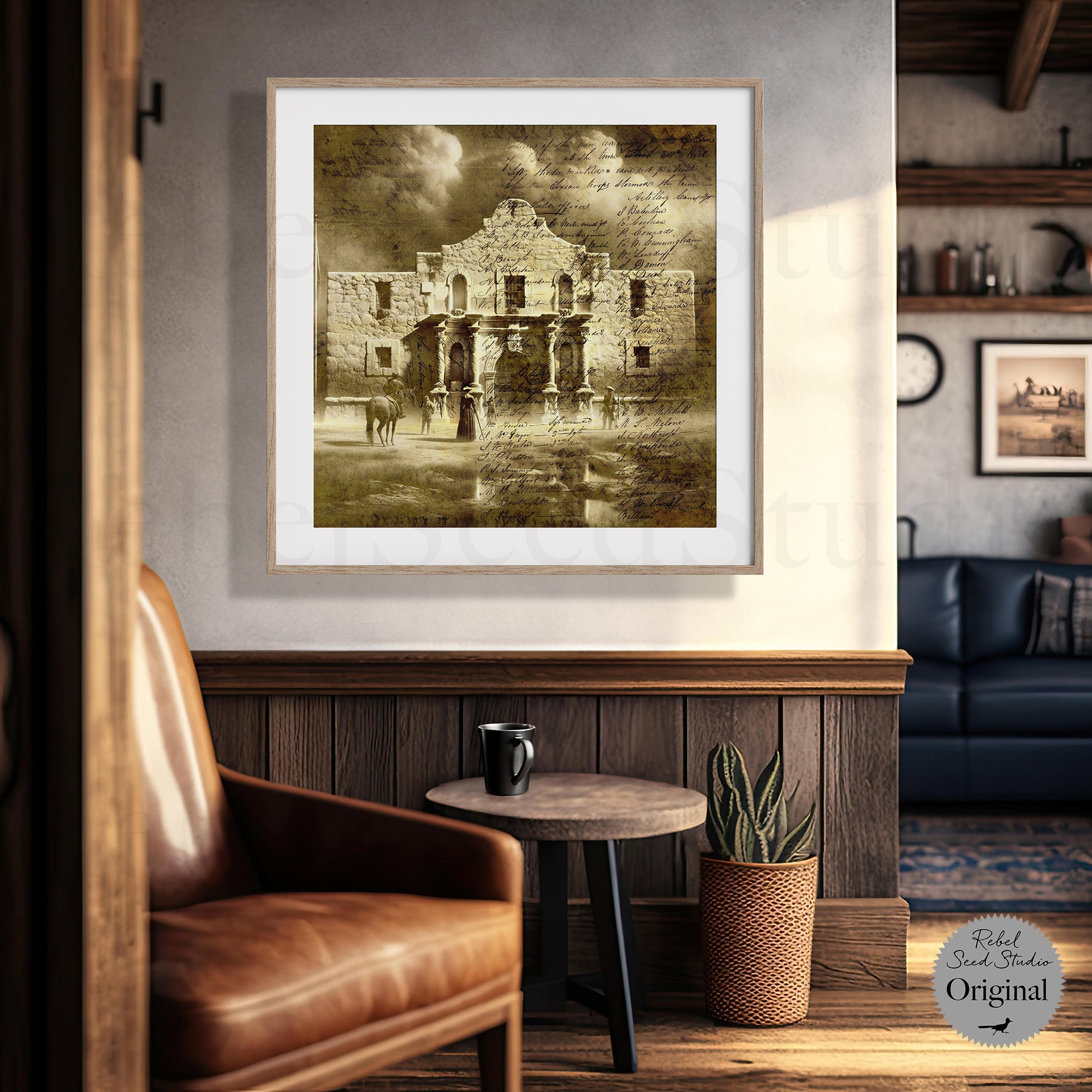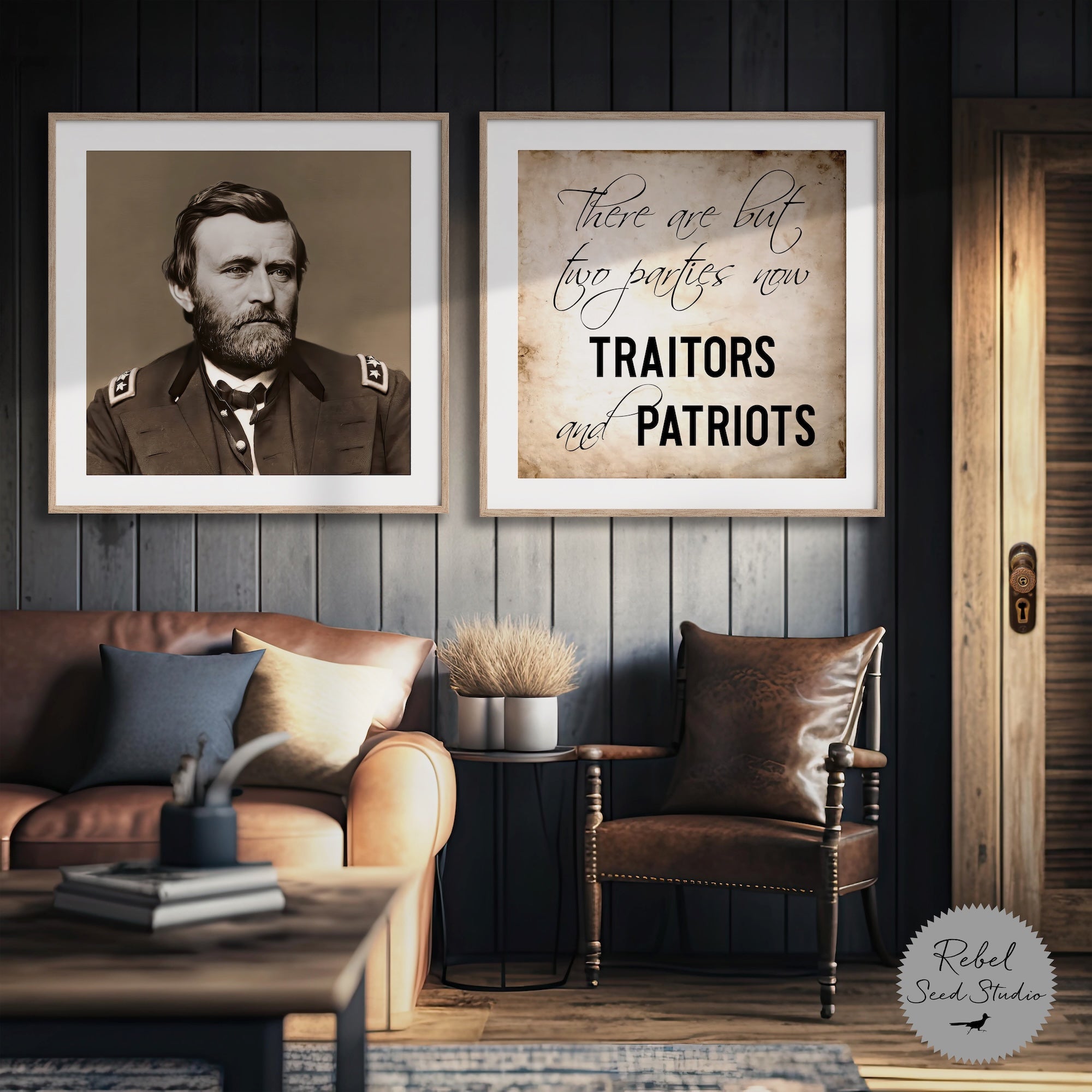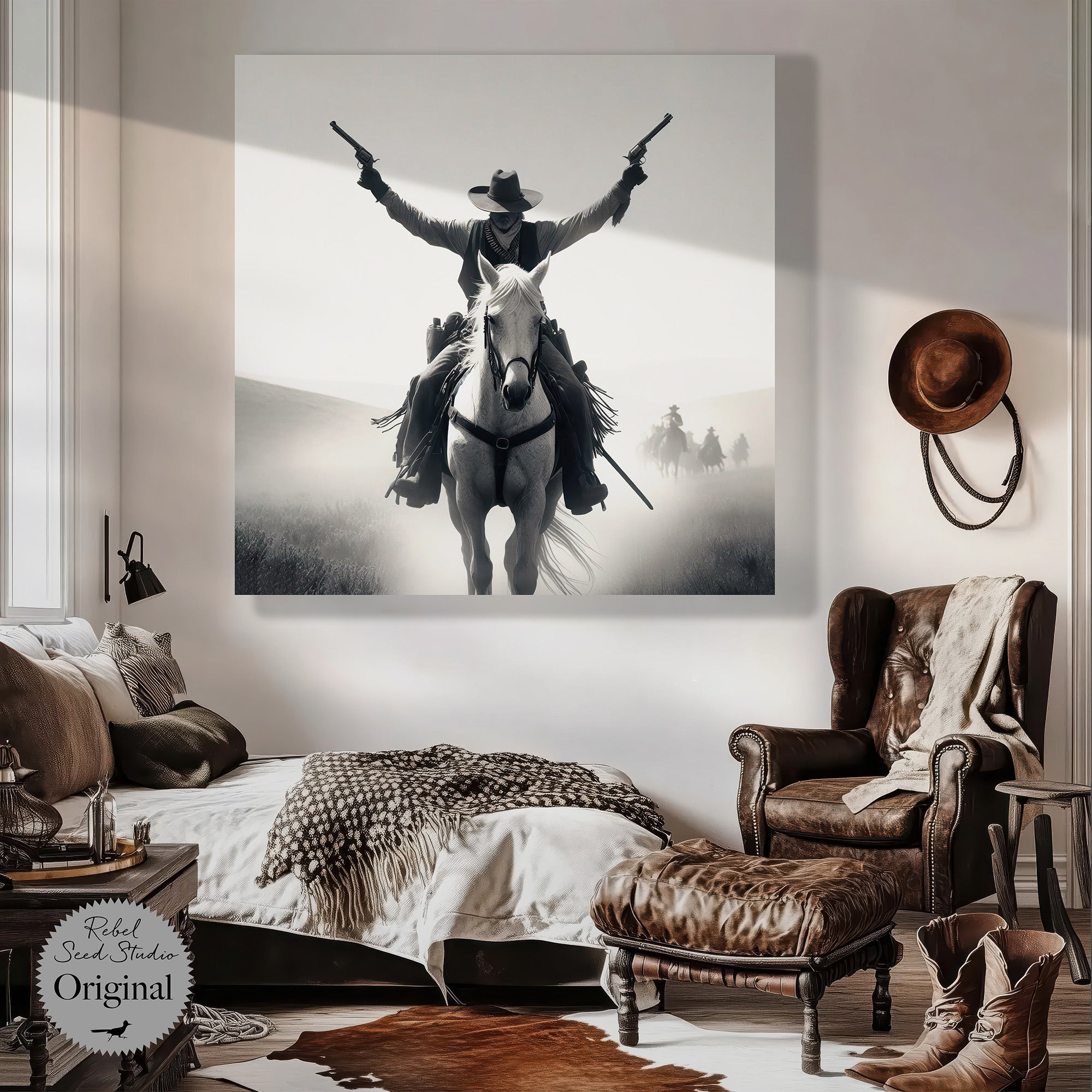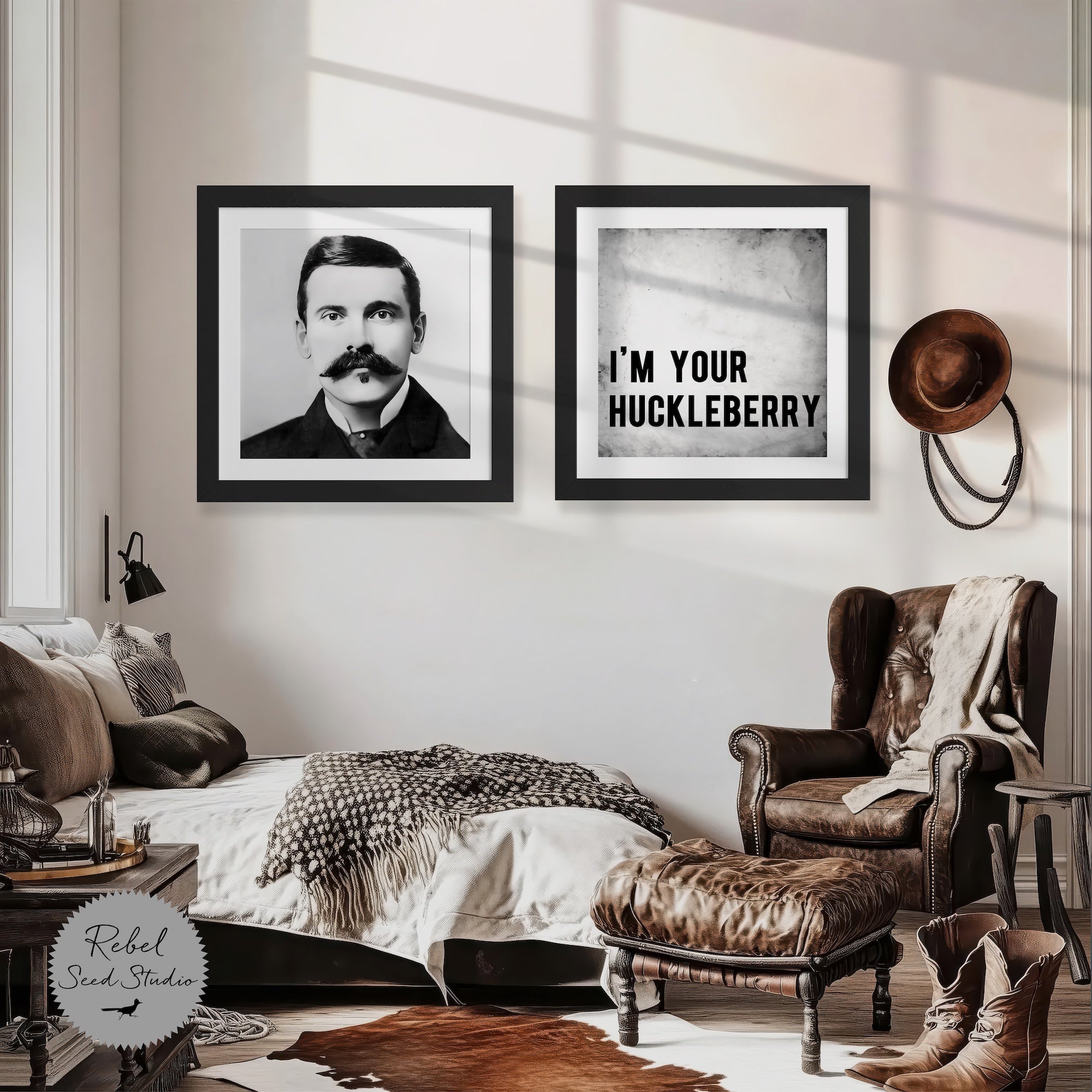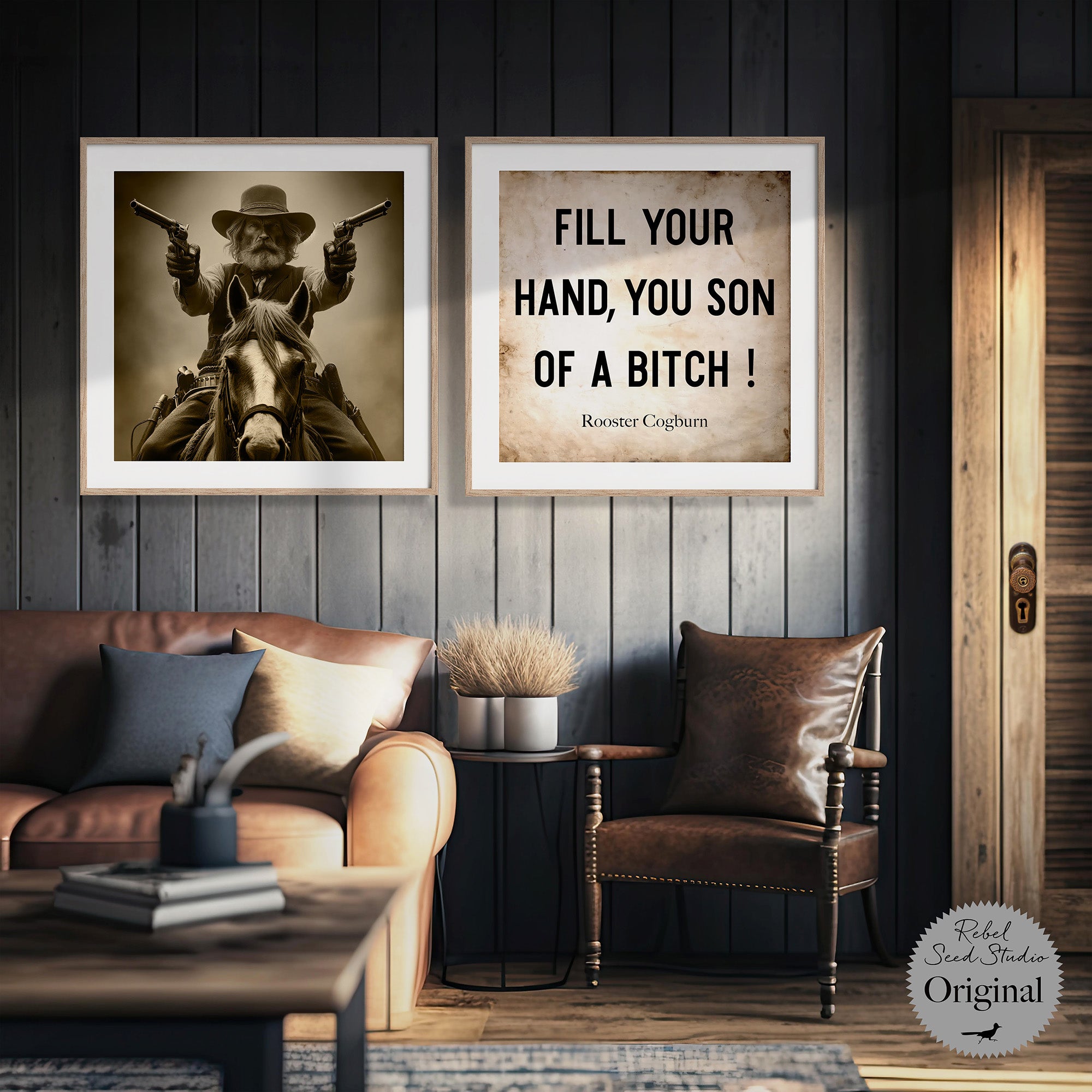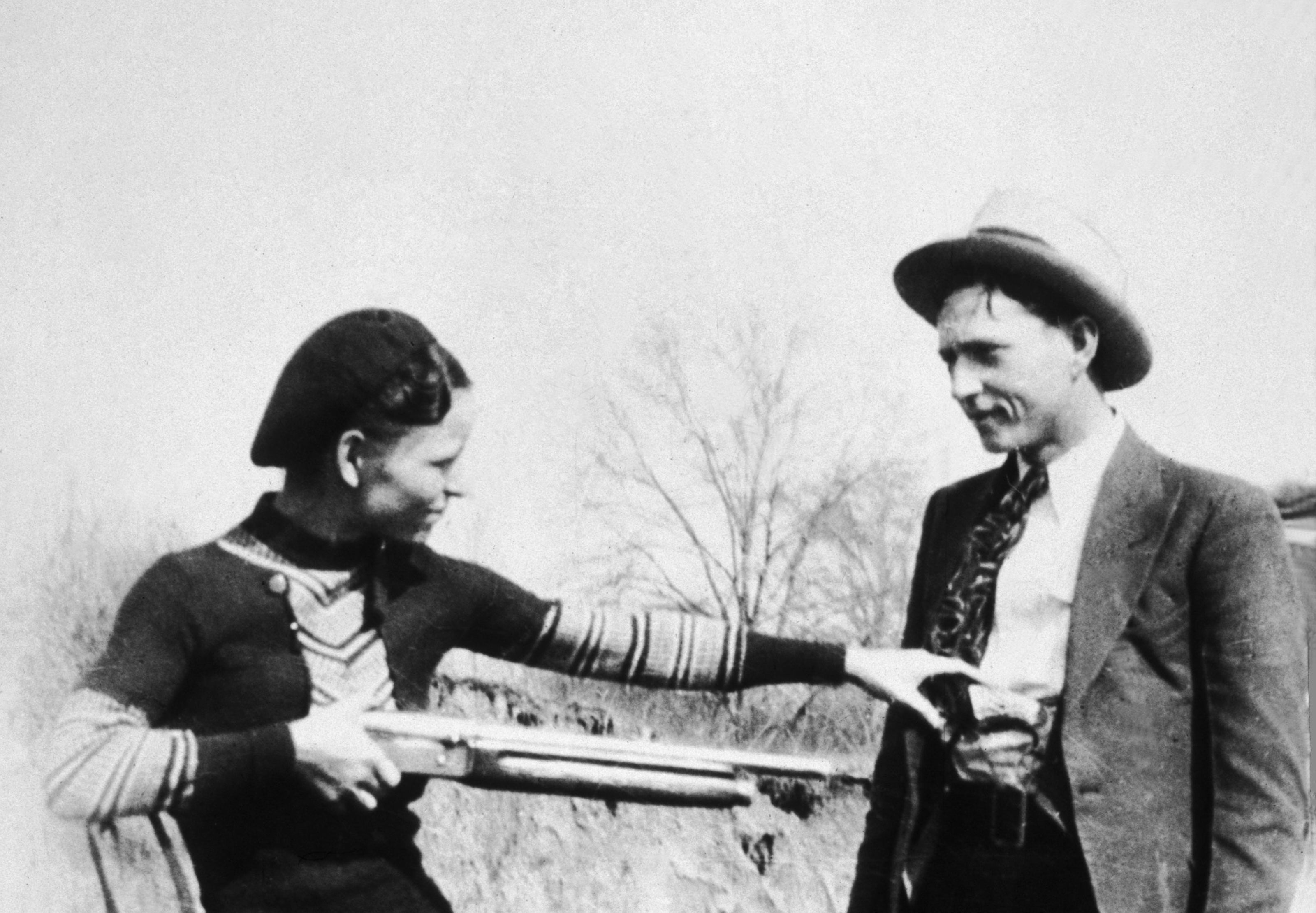
Go Down Together: The True, Untold Story of Bonnie & Clyde (Book Notes)
Jeff Guinn’s Go Down Together: The True Untold Story of Bonnie & Clyde delves into the real lives of one of America’s most infamous criminal couples - Bonnie Parker and Clyde Barrow. Immortalized in popular culture as tragic, romantic outlaws, Bonnie and Clyde's real lives were far less glamorous and far more tragic than their cinematic portrayals. Guinn’s book strips away the myth to reveal the harsh realities of poverty, violence, and desperation that shaped their infamous criminal spree during the Great Depression.
Clyde Barrow was born into a poor Texas family, scraping by as tenant farmers. His early life was shaped by the grinding poverty of rural Texas, where crime often became an escape route for the disenfranchised. Clyde initially fell into petty crimes—small robberies and car thefts—but it wasn’t long before he turned to more serious offenses, including armed robberies, out of a mix of frustration and ambition to escape his grim circumstances.
Bonnie Parker, often described as the more enigmatic half of the duo, came from a similarly poor background. Although she showed early promise - intelligent and with aspirations of becoming a writer or actress - she was drawn into Clyde’s world of crime through a combination of romantic fascination and a lack of other viable opportunities. Bonnie’s role in the Barrow Gang has often been overstated in popular myth, and Guinn takes care to demonstrate that she was less an equal partner in crime and more a fiercely loyal lover who got caught up in something far bigger than herself.
Guinn provides insight into how Bonnie and Clyde’s criminal exploits were romanticized even while they were still alive, thanks in part to Bonnie’s poetry and their staged photographs, which were often published in newspapers and tabloids. Their image as glamorous, gun-slinging lovers-on-the-run was a media creation that bore little resemblance to their actual lives of squalor, hunger, and constant fear.
The bulk of the book chronicles their crime spree, which lasted from 1932 until their deaths in 1934. During this period, the couple and their gang embarked on a series of increasingly violent robberies and murders, crisscrossing several states and narrowly escaping capture multiple times. The Barrow Gang left a trail of bodies in their wake, including police officers, bystanders, and rival criminals. The book details not only the crimes but also the incompetence and brutality of law enforcement at the time, which helped to cement the public’s perception of Bonnie and Clyde as antiheroes fighting against a corrupt system.
However, the reality of their lives was far more tragic. They were constantly on the move, living in stolen cars, often without basic comforts, and always under the threat of being caught. Clyde was driven by a mix of personal vendettas, particularly against the Texas prison system, which had brutalized him during earlier incarcerations, and a desire to maintain a fleeting sense of control over his life. Bonnie, meanwhile, was often injured and in pain throughout their final years due to a severe leg injury sustained in a car accident.
Their downfall came when law enforcement, tired of being outmaneuvered, brought in hardened former Texas Ranger Frank Hamer, who methodically tracked them down. Guinn describes their infamous ambush on a rural Louisiana road on May 23, 1934, where Bonnie and Clyde were gunned down in a hail of bullets without any warning. The violent end to their lives was as brutal as the way they had lived, their bodies riddled with gunfire, shocking even the hardened officers who killed them.
Book Notes:
Jeff Guinn’s Go Down Together is a thoroughly researched and engagingly written account that dispels the myths surrounding Bonnie and Clyde while painting a nuanced picture of their lives. Guinn’s portrayal is neither overly sympathetic nor judgmental, presenting the couple as flawed, tragic figures trapped by their circumstances and choices.
- One of the strongest aspects of the book is Guinn’s ability to dismantle the romanticized image of Bonnie and Clyde. By contextualizing their actions within the harsh realities of the Great Depression, Guinn provides a more grounded understanding of why they became outlaws. Their crimes were not born out of a desire for fame but rather as a means of survival and rebellion against an unforgiving society.
- Guinn humanizes Bonnie and Clyde without excusing their violent actions. He delves into their backgrounds, showing how their early lives of poverty and marginalization pushed them toward crime. The author also illustrates the loyalty and affection they had for each other, though their relationship was often as much a liability as a source of strength.
- The book doesn’t just focus on Bonnie and Clyde; it also provides a balanced look at the other figures in their lives, including their families, gang members like Raymond Hamilton, and the lawmen who pursued them. The inclusion of law enforcement perspectives adds depth to the narrative, showing how Bonnie and Clyde’s myth grew even as authorities were closing in on them.
- While Guinn’s commitment to detail is commendable, the middle section of the book, which covers their endless cycle of robberies, chases, and close calls, can feel somewhat repetitive. The constant escapes, while historically accurate, may bog down the pacing for some readers.
- Although Guinn provides an excellent historical and factual account, some readers may feel that the book doesn’t delve deeply enough into the psychological aspects of Bonnie and Clyde’s personalities and relationship. Their motivations, while explained, could have been explored in greater depth to fully understand their emotional dynamics.
SUMMARY: Go Down Together is an engrossing, well-researched account that offers readers a clear-eyed look at the real Bonnie and Clyde, stripping away the Hollywood glitz to reveal a pair of desperate criminals shaped by poverty, social alienation, and bad luck. Jeff Guinn’s thorough research and engaging narrative style make this a must-read for anyone interested in the true story behind the legendary outlaws. While the couple’s criminal career was short-lived, Guinn’s account ensures that their story - both the human and the mythological aspects - will continue to fascinate readers for years to come.
Get the Book: Digital Book (Apple Books) | Audiobook (Apple Books)


